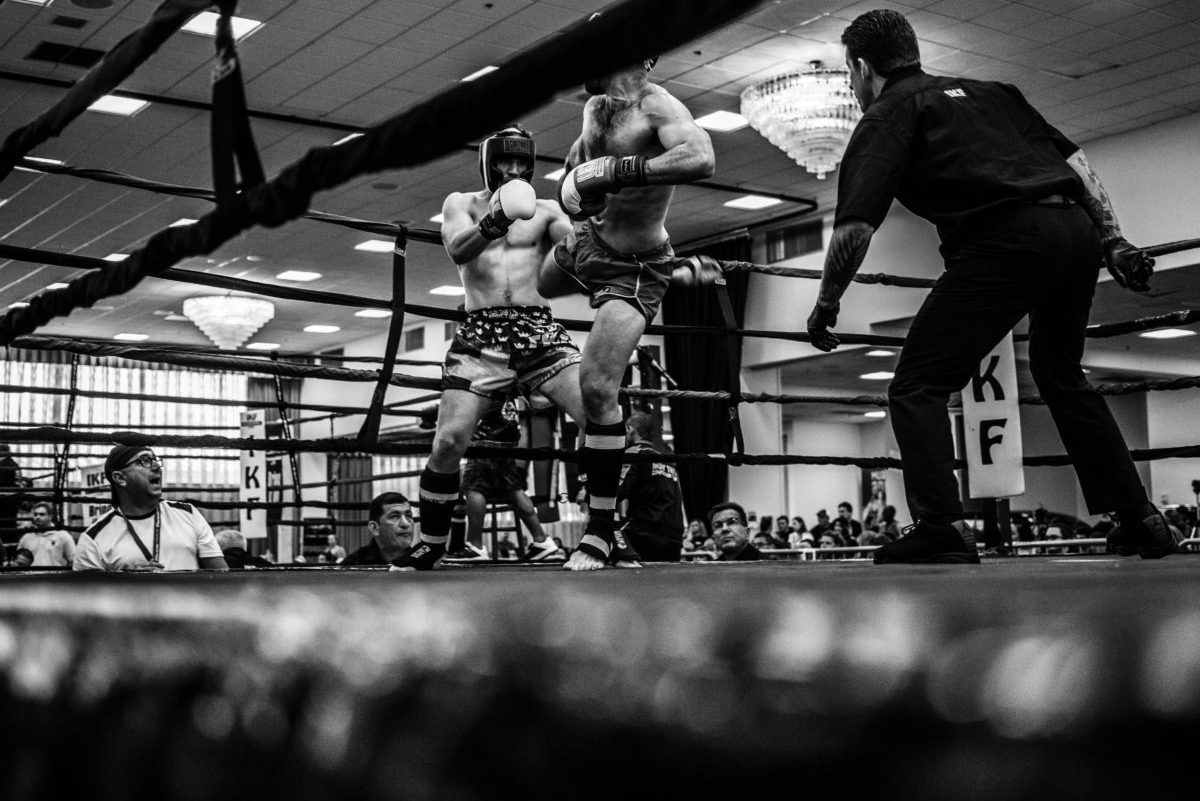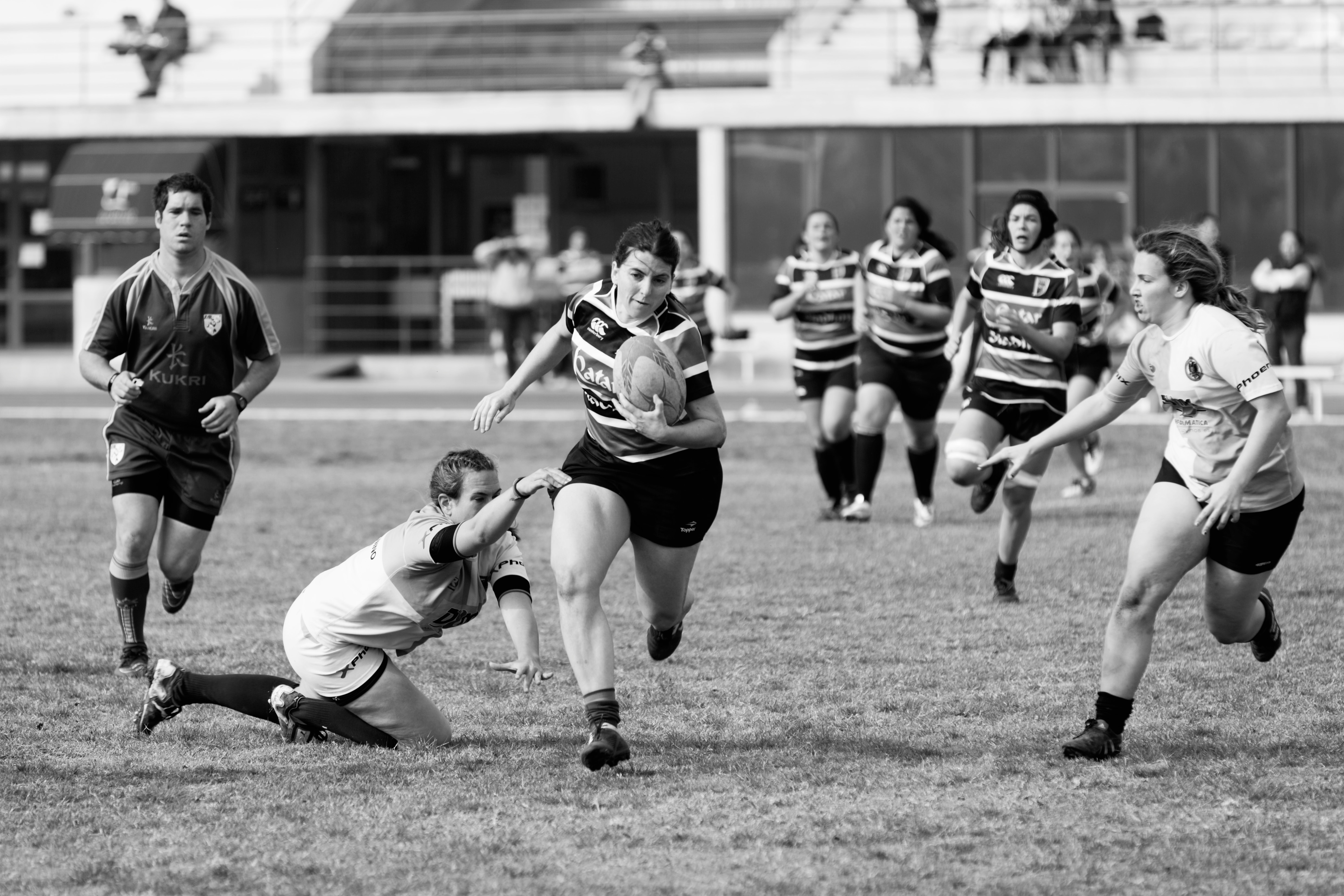Does the manner in which our competitive careers end impact our pursuit of fulfillment beyond? There are any number of different circumstances that can bring about the ending of a competitive career. We can be cut from a team, be injured in ways that diminish our effectiveness, simply age out of some required age span, […]

Physical Foundations: What works for the body after competition?
For years, we’ve trained our bodies to prepare for competition. The focus was never to be healthy or balanced; it was to be stronger, faster, or better. Our goal was to outperform our opponents, or our own limitations. That kind of performance edge does not come from a balanced approach to fitness. We trained to […]

Players Gotta Play: Recreational Sports after Competition
One of the distinctions we draw in this community is that between an athlete and a competitor. We are athletes because of our skill sets and our interest in a given sport (or sports). We become competitors when the opportunity arises for us to actually go out and compete in those sports in an active […]

The Case for Fulfillment.
One of the key distinctions in our group is the difference between being ‘Successful’ and being ‘Fulfilled’ in our lives. The two share interesting connections, though are far from being the same thing. Our focus on the latter, though acknowledging both sets our conversation. It is infinitely possible for a person to be perceived as […]

In what ways is competitive drive a plus and a minus?
While we talk a lot about life after sports being a very personal experience, there are some things we have in common no matter what the sport or the level. One is focus. In order to compete at a higher level, we all needed to be able to lock in on a goal or an […]

What I Need… How Competition Fulfills Basic Human Needs
One of the reasons why the transition to life after competition can be so challenging comes from a very simple matter of each of us being human. We are wired to fulfill our basic needs in somewhat predictable patterns. This concept was first described in the work of psychologist Abraham Maslow in the 1960’s when […]
